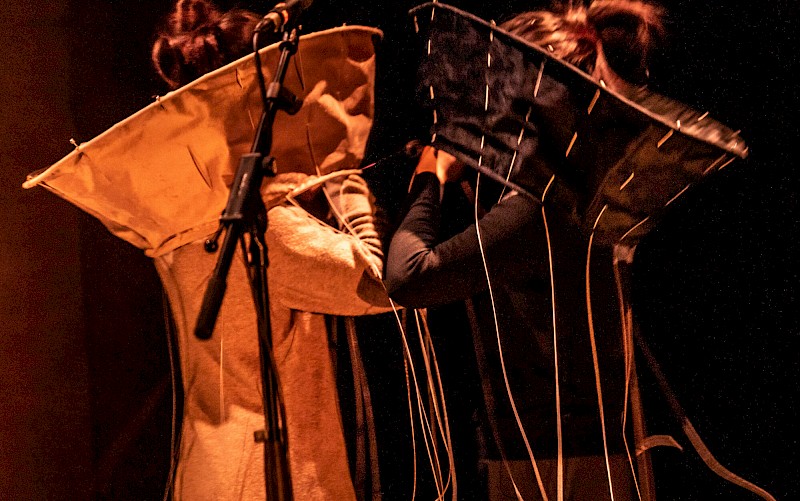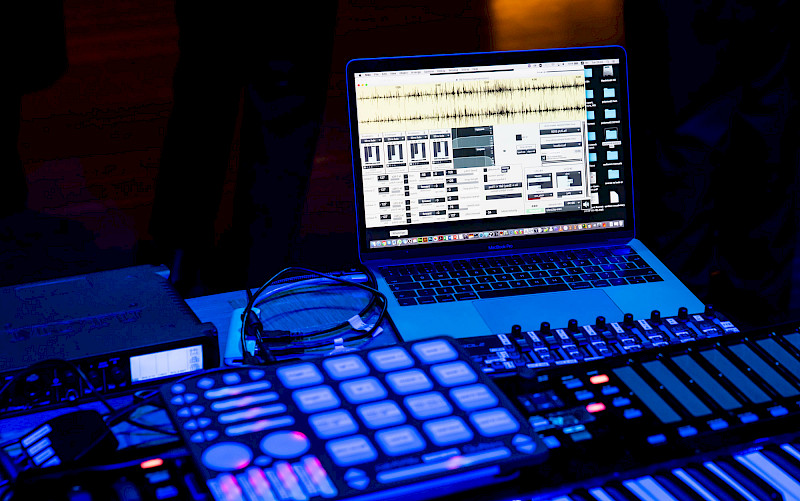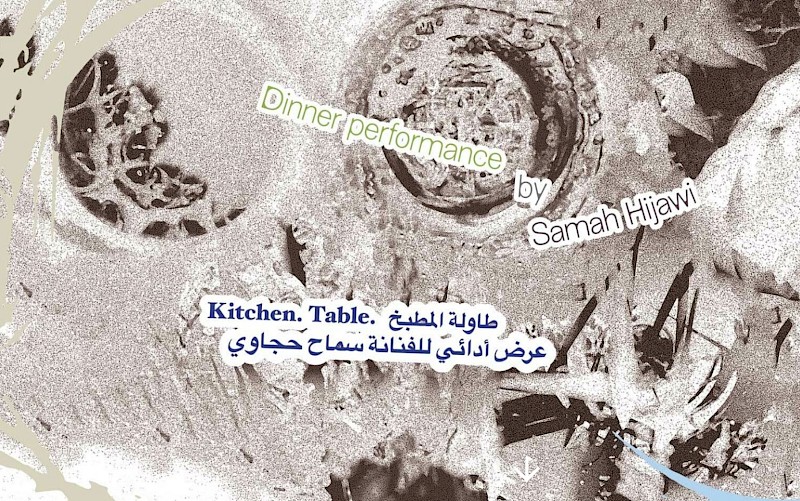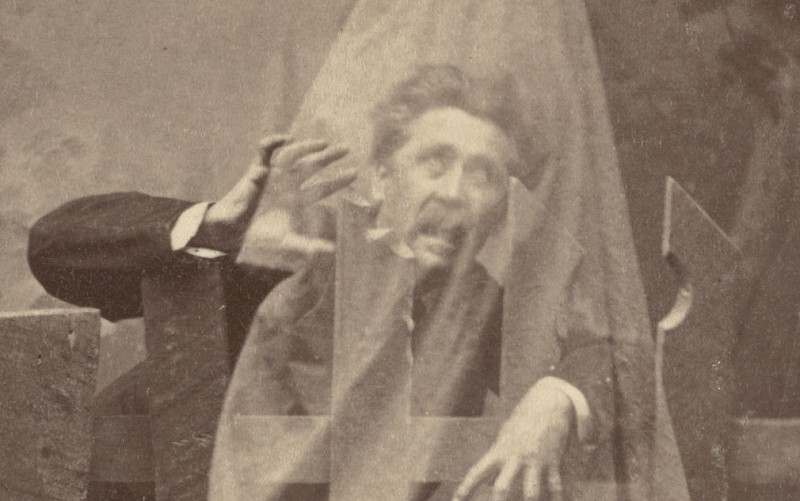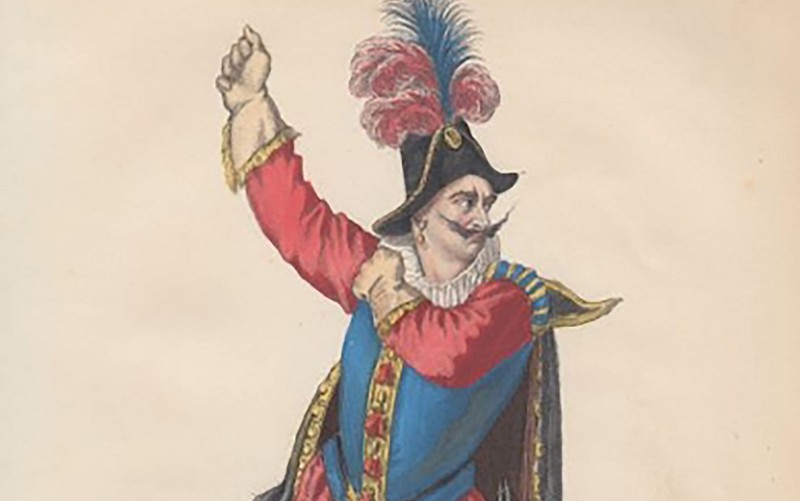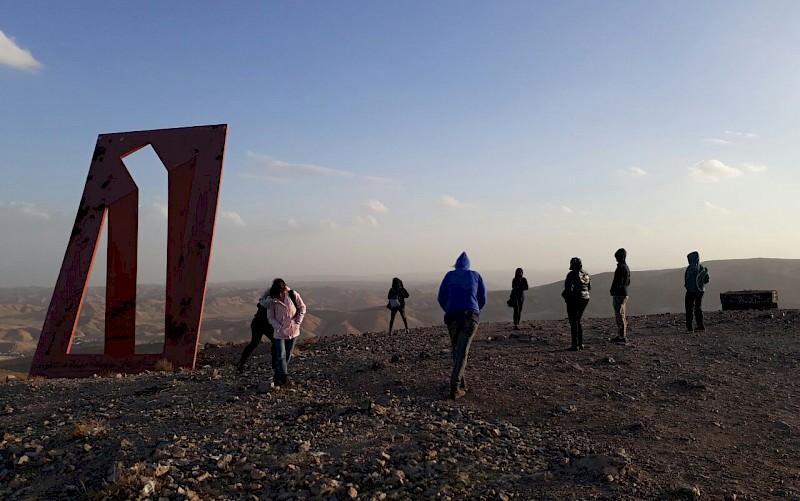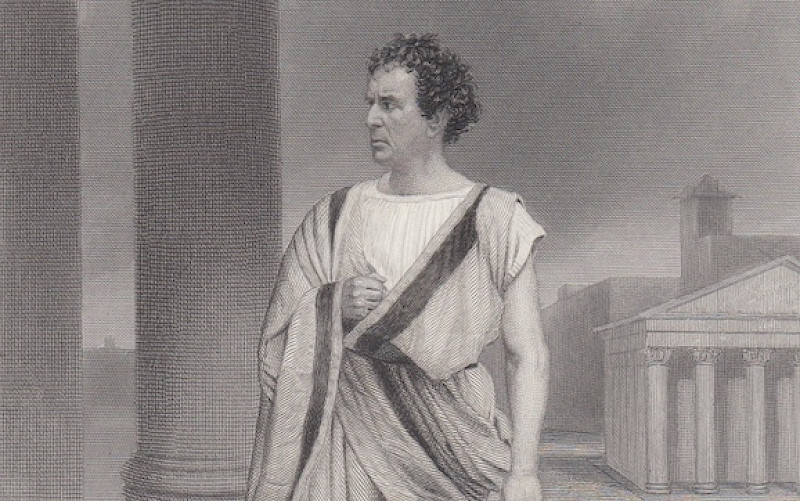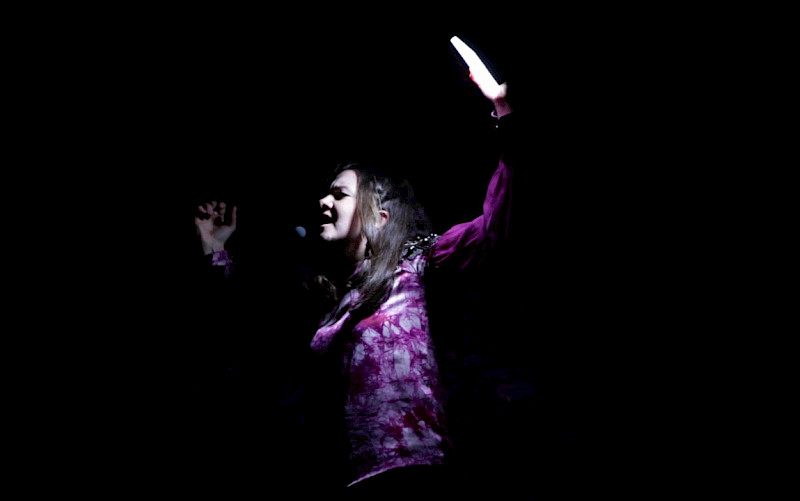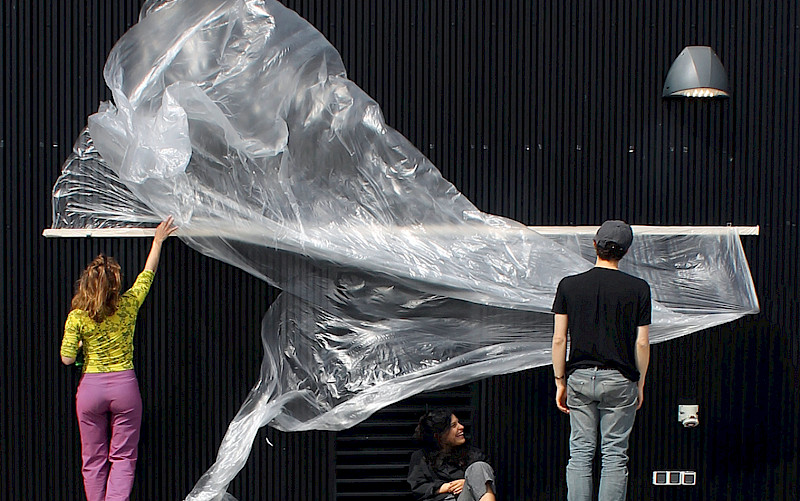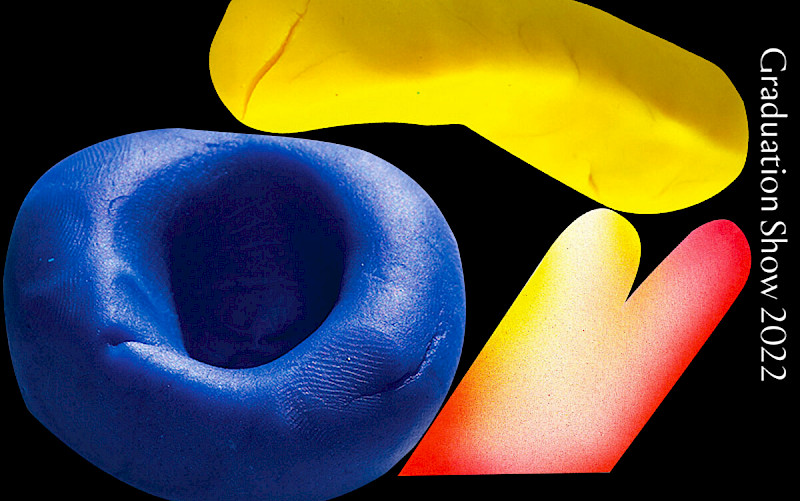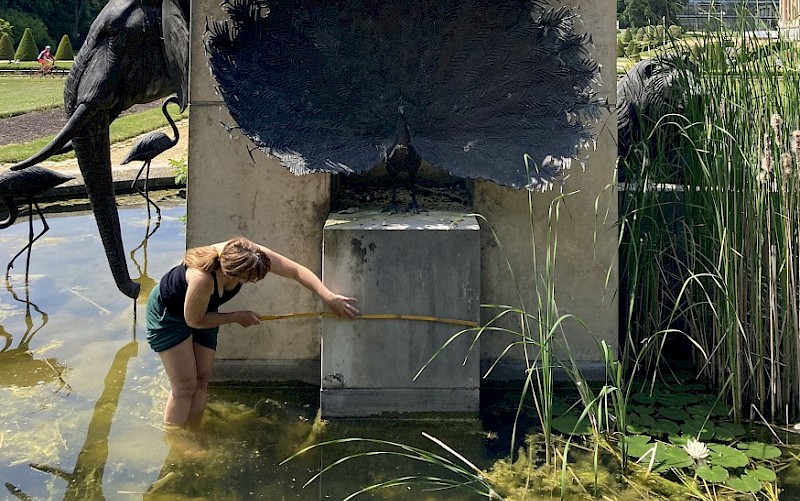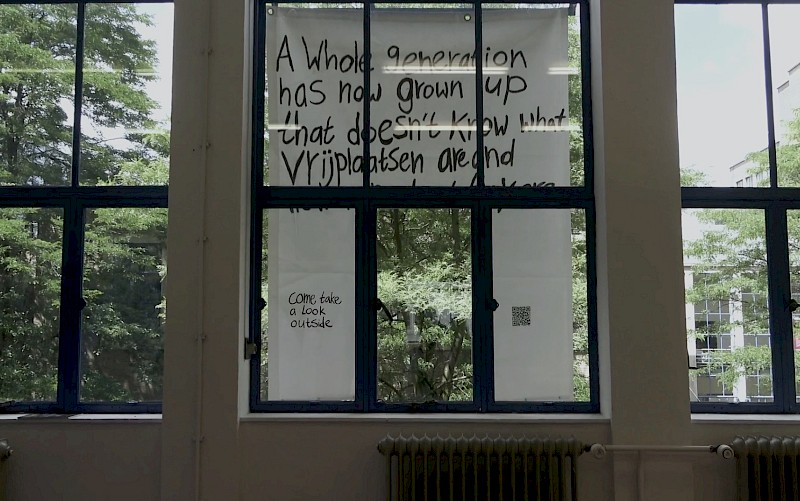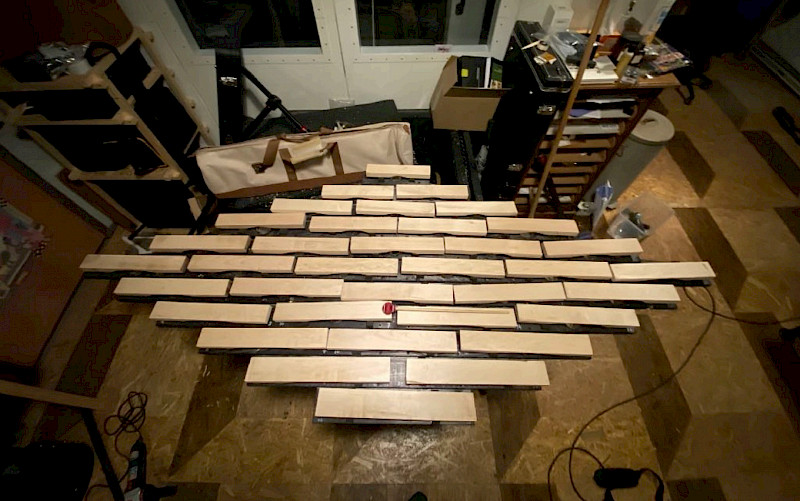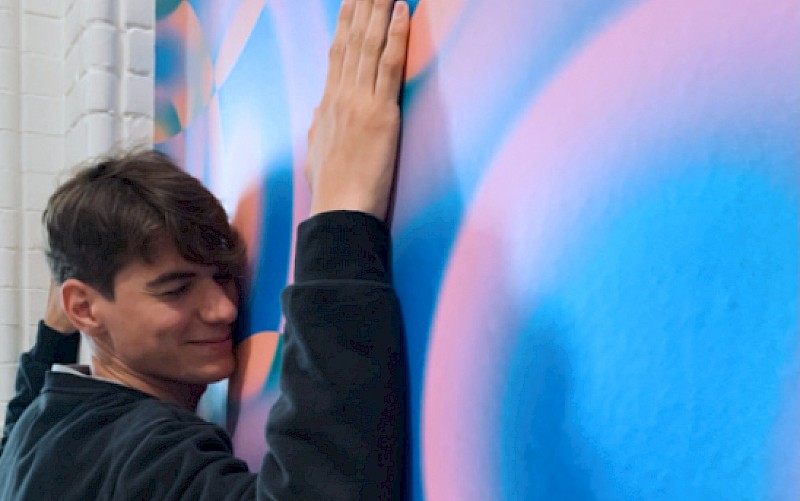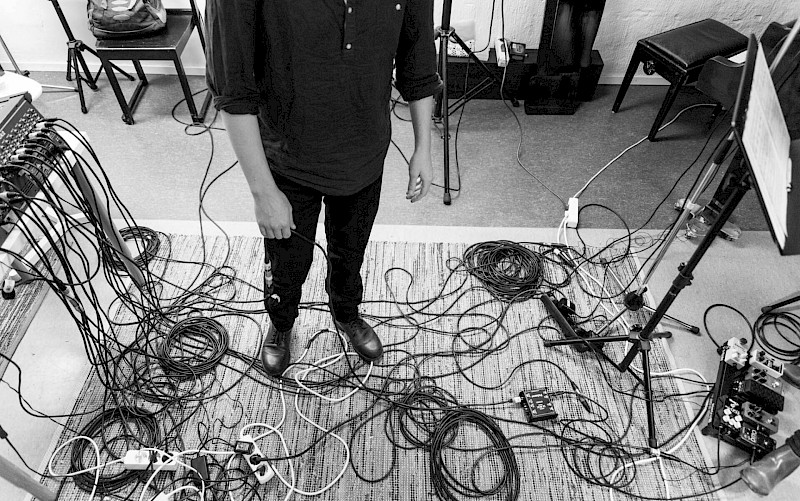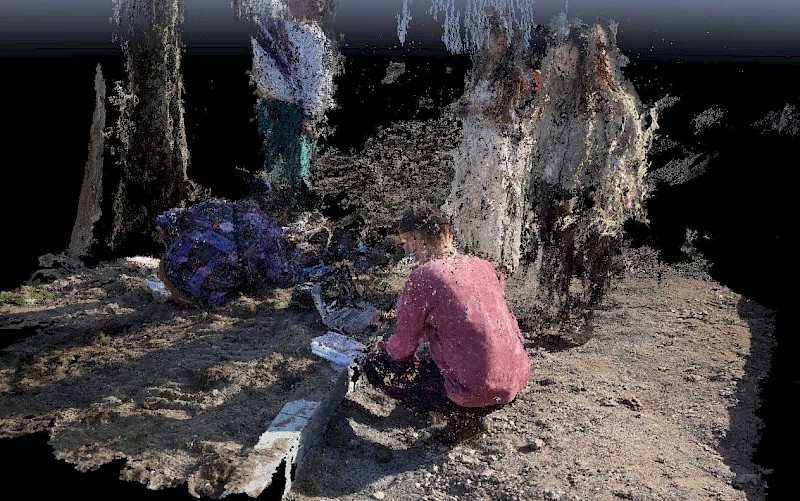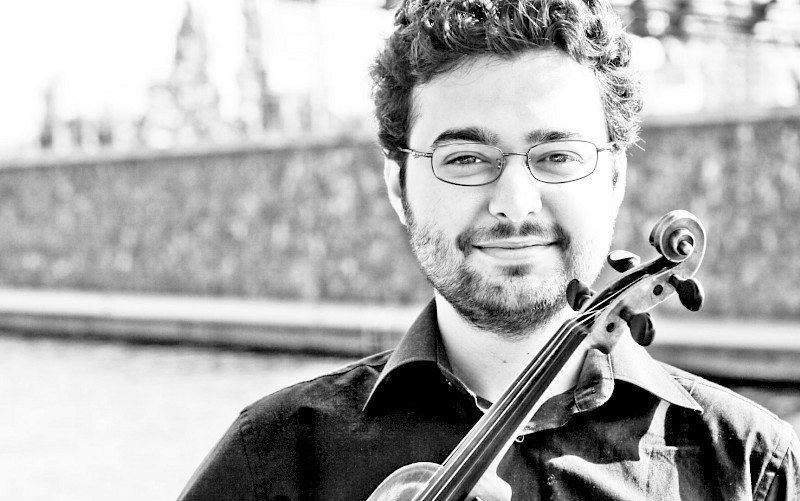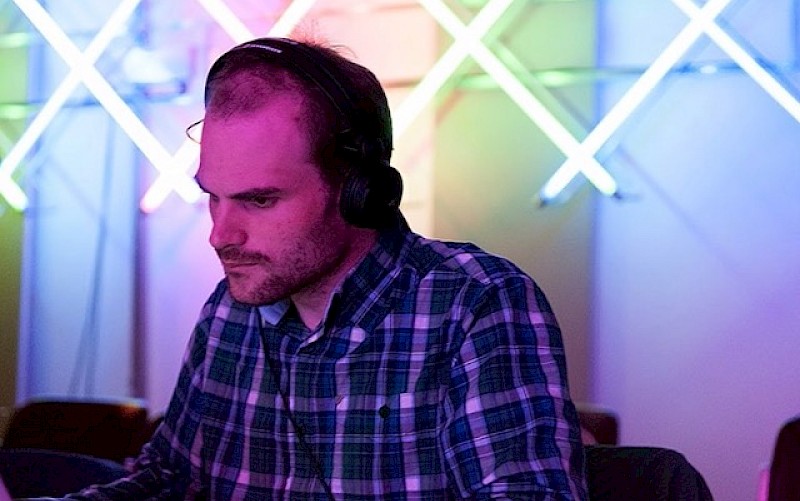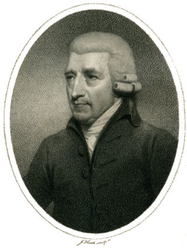
Approaching a Rhetorical Performance of Late 18th Century Keyboard Music from the Methods of john Walker
Student Number 3105008 Supervisor(s) Anna Scott, Jed Wentz Title Approaching a Rhetorical Performance of Late 18th Century Keyboard Music from the Methods of john Walker Research Question How can we apply declamatory principles from late 18th century English treatises to historical performance of late 18th century solo keyboard music? Summary There is no doubt that the art of classical rhetoric played an important role in the conception and performance of music in the 18th century. In order to better understand how to perform rhetorically in an historically informed manner, an understanding of declamation as it was understood in the late 18th century is key. This thesis uses the written methods of English actor-turned-elocutionist, John Walker, as the basis to proposing a rhetorical approach to late 18th century solo keyboard repertoire. Linguistic concepts of sense, structure, style, and delivery (acting) are likened to analogous concepts in galant music and supported with statements from musical treatises and examples from musical works. Two main performance case studies are considered for comparison: the first linguistic, being Walker’s 1787 annotated version of Edward IV’s speech from William Shakespeare’s "Richard III"; and the second musical, being the Adagio movement of Joseph Haydn’s 1794 Keyboard Sonata Hob. XVI:52. It is hoped that this investigation will not only expand the horizons of the author’s solo performances, but will also provide interesting and useful tools for other musicians. Short Bio Anders Muskens began modern piano studies at the age of 4 in Edmonton, Canada. He graduated from the Royal Conservatory of Music, Toronto under the tutelage of Dr. Irina Konovalov. He now studies fortepiano and harpsichord at the Royal Conservatoire of The Hague with Dr. Bart van Oort, Petra Somlai, and Fabio Bonizzoni. He received numerous awards including: 1st place at the Early Music Young Ensemble Competition at the London Exhibition of Early Music 2018 in a duo with soprano Tinka Pypker; and the „Hofkapelle Elbe-Elster“ prize at the „Gebrüder Graun Prize“ 2018 with his ensemble Das Neue Mannheimer Orchester.
